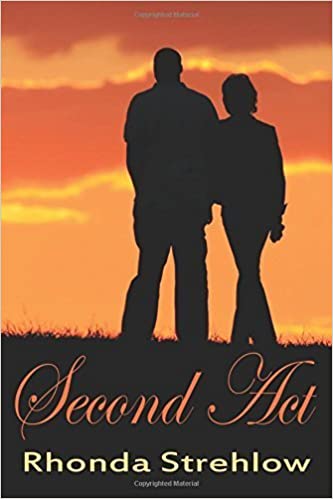By Ruth Granger-Wellens
At the beginning of my Corona virus isolation, since I had so many hours of unscheduled time, I decided to tackle some huge cleaning projects that I had put off for, well, years. When we moved 16 years ago, during a week long spring break, I packed all my nonessential “stuff” into boxes. My “stuff” eventually was cornered, literally, in the basement, and I hadn’t touched it in, again, years. With all the time I had ahead of me, I decided to clear out the corner by going through boxes to see what I had.
Wow! I am a saver, I will admit, but some of the items I saved were a puzzlement even to me. Letter and cards, some from high school friends, but more from college buddies became inspiration to write about occasions from long ago. I could put twists on some of the letters I had saved – maybe a story about unrequited love? Why was that card never answered? What happened? Why did I save some of my correspondence in a special box with a ribbon around it?
I did read everything before I threw out the majority of it, but not before going through many emotions. Of course, if I didn’t remember the particular event, fiction writing would come in handy.
Then the pictures were discovered. So many pictures of friends, family, and even a few strangers. I did hang onto some of them, but others I tried to look at through my son’s eyes and wondered what he would think when the time came, and he needed to go through my things. I became a new me in part and actually threw out some pictures. But others, of people wearing vintage clothing, hats, with solid, serious stances, became inspiration for writing. Who is that stranger in the picture? Remember the dance performances and the drama surrounding them in college? What was the occasion for this picture? How did the subjects feel about the picture being taken? Were they standing next to people they enjoyed or not? The pictures provide ideas for both fiction and nonfiction.
Then came the preciously saved mementos. I found a large red button that had made me an official member of the Beatles Fan Club. Upon seeing it, I felt a memoir coming on. So many memories and feelings to capture in writing.
This deep cleaning created a win-win situation for me. I not only came away with some inspiring ideas for future writing, but that corner in my basement looks great!

